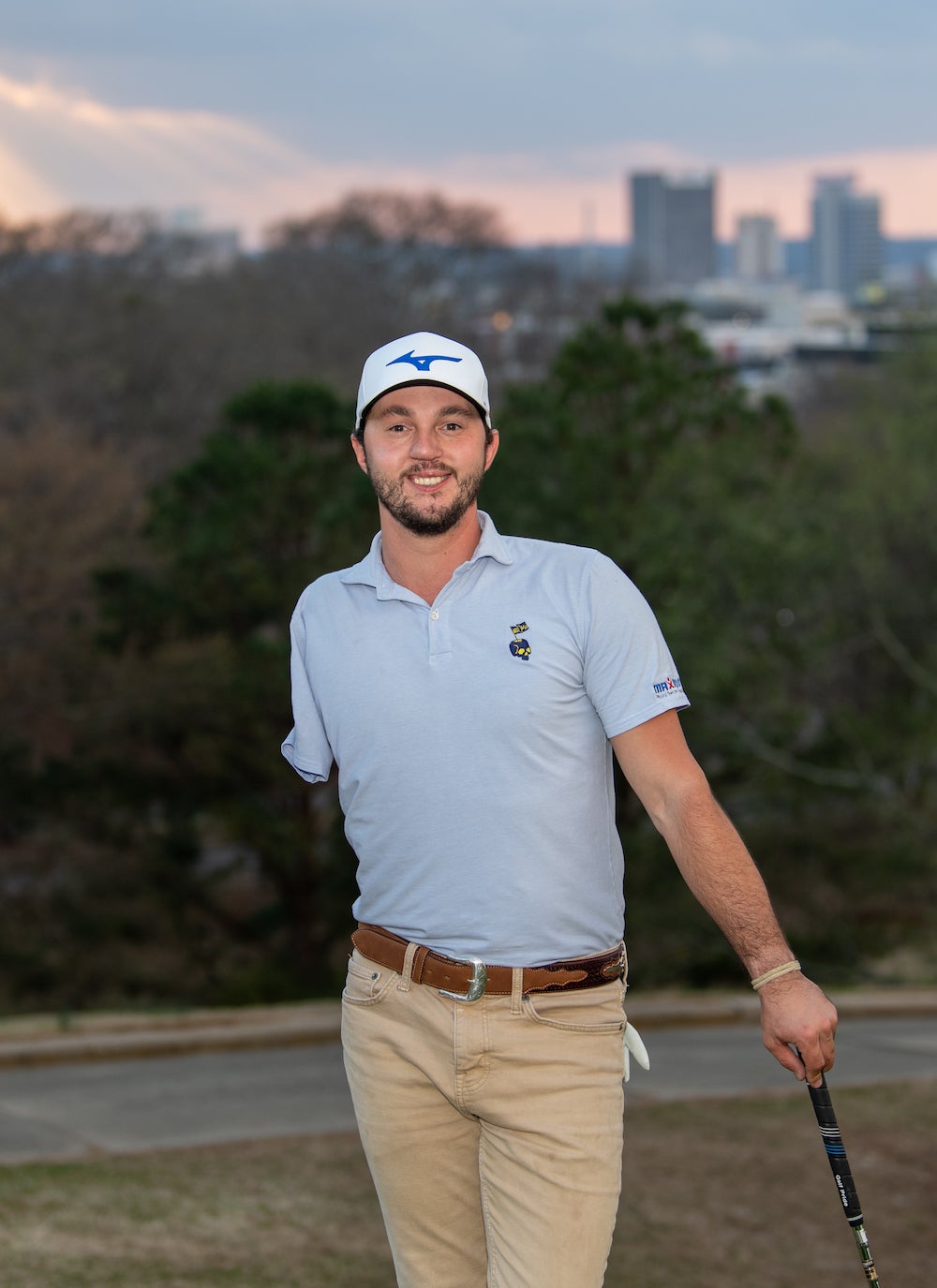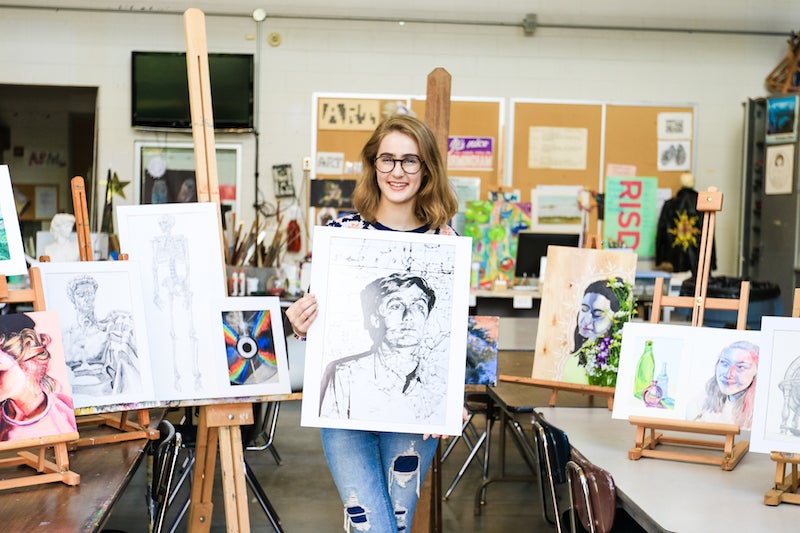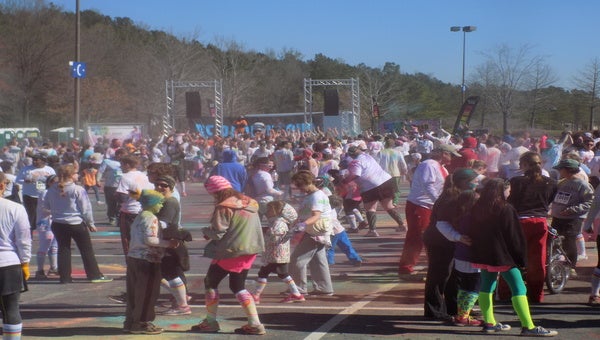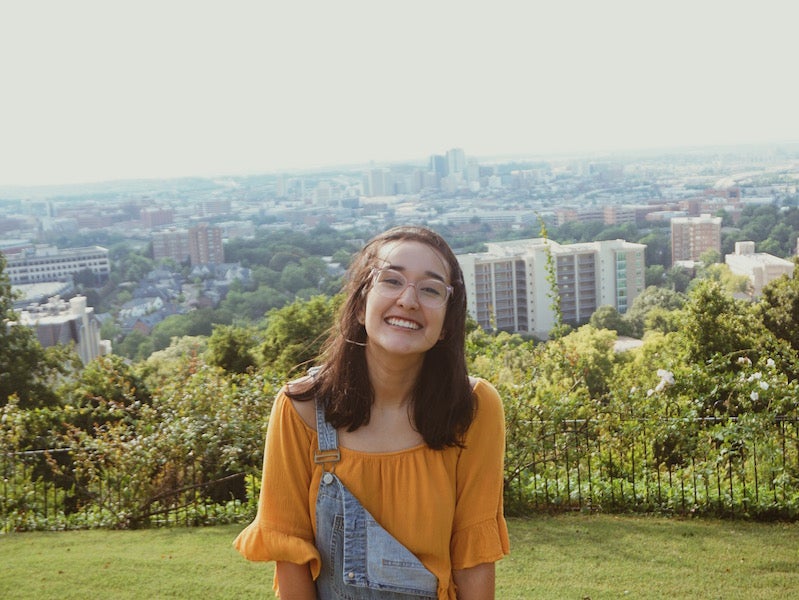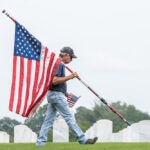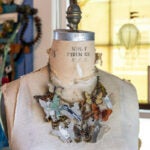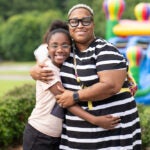By Lauren Dowdle
Photos by Blair Ramsey
Dreams and goals seem like a novelty when a child’s main concern is when they’ll receive their next meal—something Alex Fourie can relate to. Growing up in an orphanage, his focus was on surviving.
Alex was born with multiple birth defects in Zvenyhorodka, a small city within the Cherkasy Oblast in central Ukraine. His birth mother’s close proximity to Chernobyl’s residual radiation during pregnancy is thought to be the reason for him being born without a right arm and with a cleft lip and palate, which has resulted in him needing 26 surgeries.
His parents gave up custody of him at birth, and he was placed in an orphanage where he says he was a bit of a wild child. They were fed five to six times on a good week—three times on a bad week. “It was a fight for survival,” Alex recalls. “I took it one day at a time.”
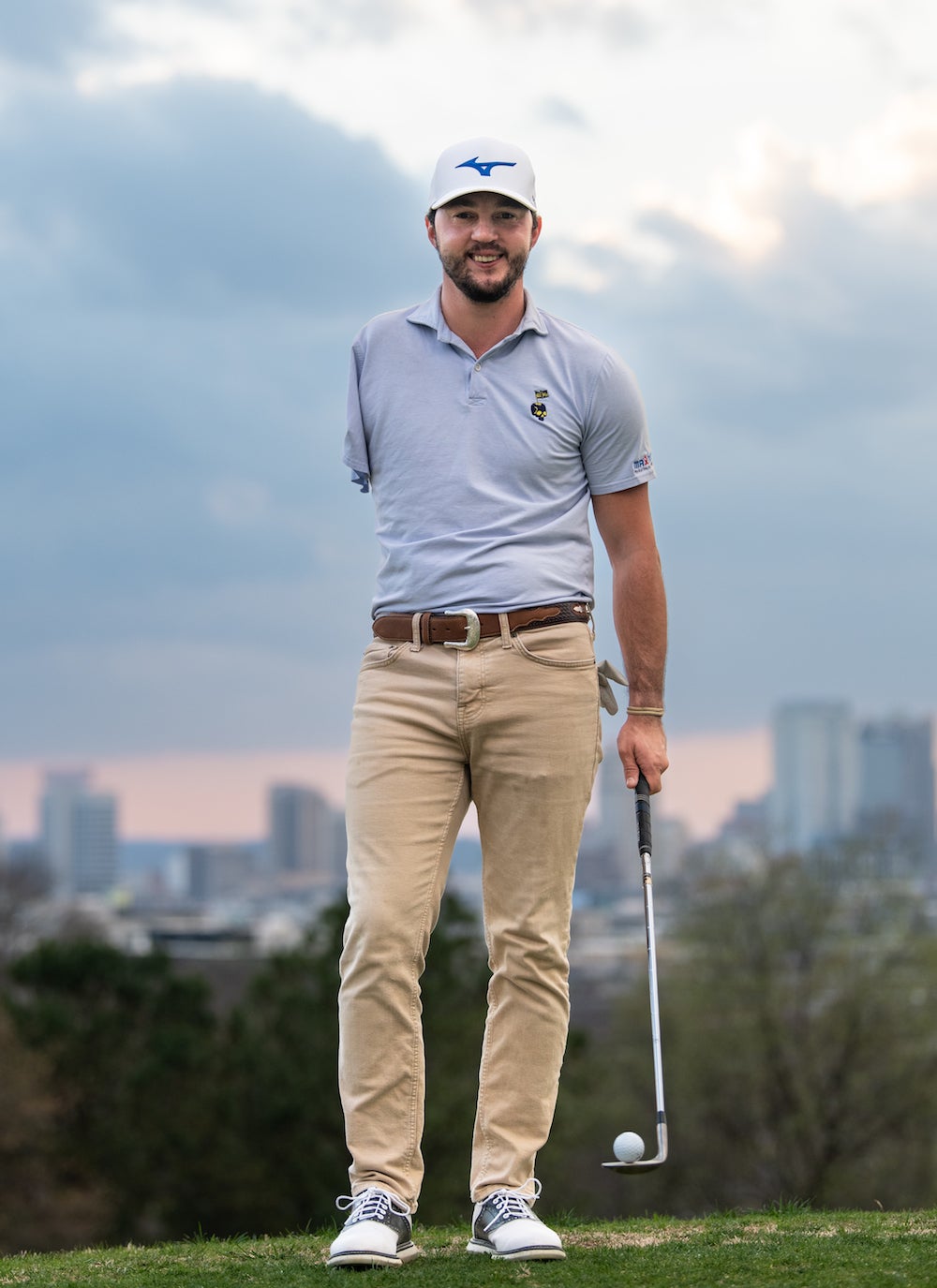
His luck looked like it might turn around when he was two years old. Vic Jacbopson, the founder of Hope Now, met Alex and wanted to adopt him. However, when Vic returned to bring Alex home a few weeks later, he learned Alex had been moved to another orphanage and that his paperwork has been lost.
Vic continued searching for four years, which is when he received a call from a random orphanage director in Ukraine. The director told him about a boy who needed to be adopted by an American family, so he could receive the surgeries he required.
That boy was Alex—or Sergiy Oleczandervic Tchachingco, which is his Ukrainian name.
Their reunion was only the beginning of Alex’s story that eventually brought him to Hoover to be with his parents, South African missionaries Anton and Elizabeth Fourie. The couple had struggled with having children, and the day after they decided to stop trying, their friend, Vic, came to preach at their church. Vic shared Alex’s story with the congregation, and the couple felt led to adopt him—but they would need to move quickly.
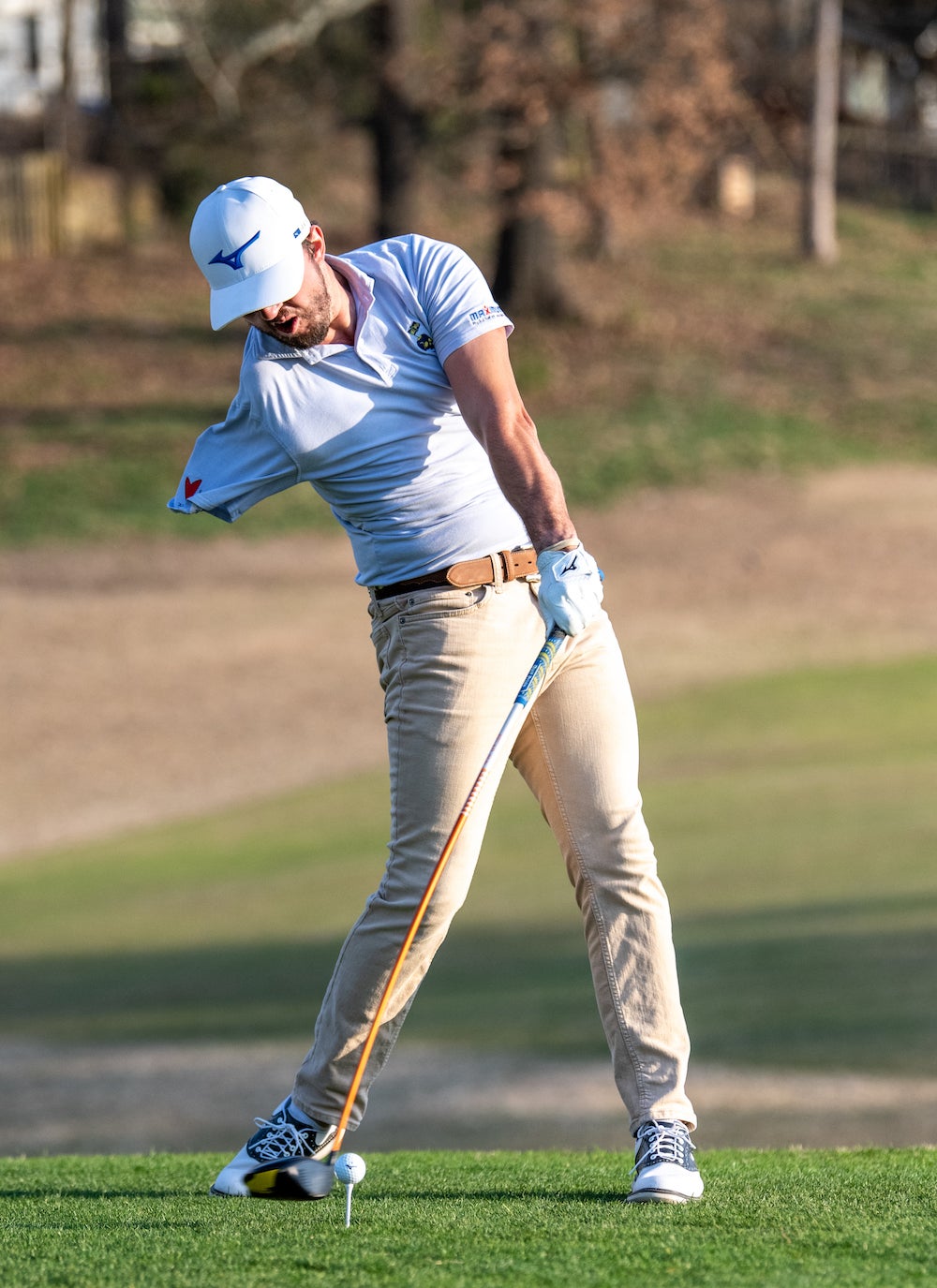
A Ukrainian law prohibited children to be adopted outside of the country after the age of seven. Everyone involved with the adoption process worked as quickly as they could. And one month before his seventh birthday, Alex was adopted. He met his parents on Mother’s Day in 1999.
“They moved heaven and earth to get me adopted within six months,” Alex says. “I was very fortunate. God does amazing things.”
Though the transition to a new country was a big adjustment that required him to learn a new language, Alex says he was happy to move out of the orphanage and in with a supportive family. Having mainly eaten soup while in the orphanage—never knowing when his next meal would come—Alex remembers hiding food in his pillowcase in his new home. Of course, once his parents discovered it, they assured him he would always have plenty of food—one of the many differences from where he was born.
Another change was his exposure to sports. Within his first week in the United States, his father placed a golf club in his hand. But, his athleticism wasn’t limited to the fairway. He also played tennis, soccer and was the kicker at Shades Mountain Christian High School. It wasn’t until he went to college, though, that he discovered how he was especially drawn to the golf course.
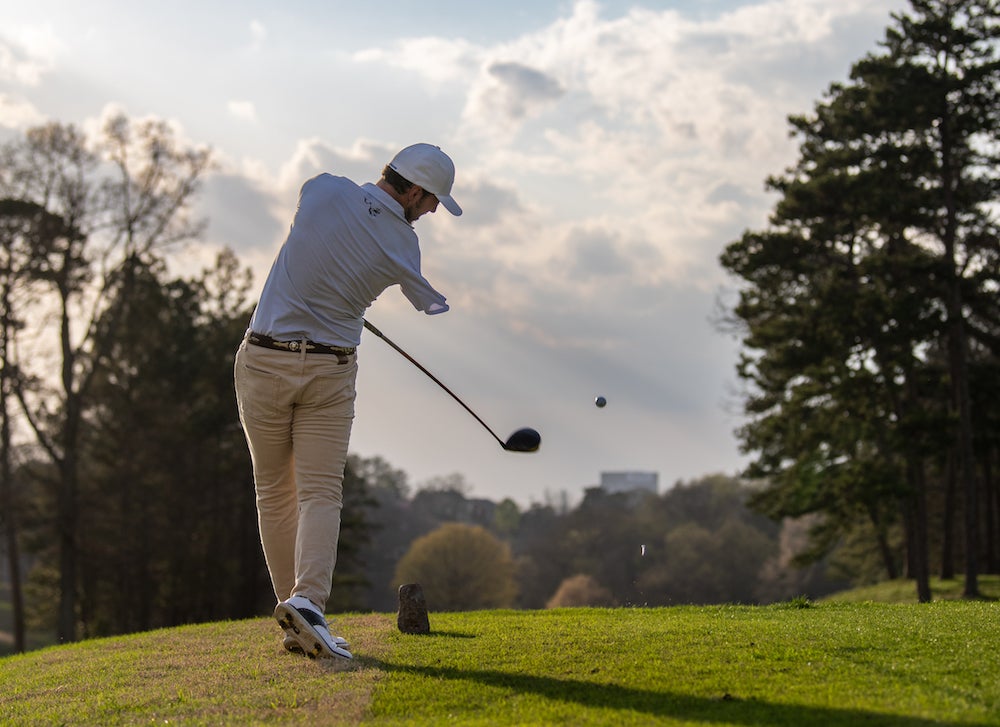
“Golfing is a very mental game with highs and lows,” Alex says. “Golf is the most similar sport to life, and that’s what I love about it.”
He went on to work as a tech for Maximum Physical Therapy, where they suggested he become Level 1 certified for the Titleist Performance Institute. His passion for teaching golf only grew from there, especially mentoring children struggling with physical or mental issues.
“I wanted to show them they can use it in a positive light and find who they are through Christ and also through golf,” Alex says.
He became a Level 1 PGA golf instructor, Level 1 PGA associate member and the No. 1 one-armed golfer in America. One stand-out moment in his career so far has been playing in the first U.S. Adaptive Open last year. The event brought together not only talented golfers, but also fans who brought their children with disabilities.
“It showed kids you can do this and play in professional tournaments,” Alex says.
While there are countless aspects of the sport he enjoys, Alex says he especially likes the individual aspect of golf.
“You’re in control whether you win or lose,” he says.
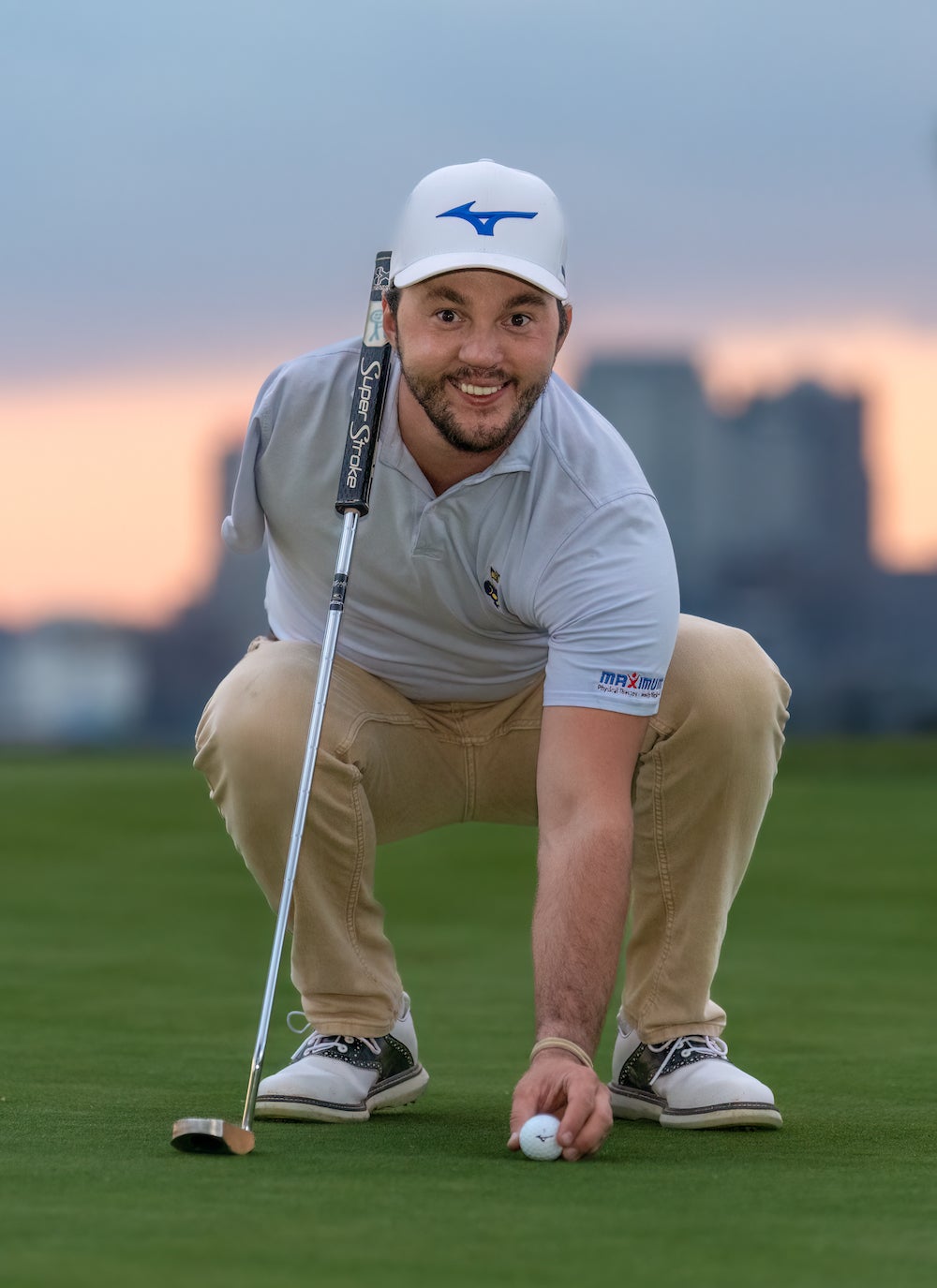
Alex also recognizes the amazing team of people who have gotten him to where he is today, from his coach and physical therapy group to his family. He knew he wanted to provide that same type of support for others with disabilities, which led him to create Single Hand Golf.
The nonprofit provides children across the country with golf lessons, where they put the emphasis on self-identifying and not listening to the labels of the world.
“I’ve been fortunate to know my purpose in this world,” he says. “I want to help kids and adults understand they’re important and have a purpose in life, and I do that through golf.”
He says he wants to spread the word about Single Hand Golf and help give kids with disabilities hope by seeing someone like them playing. That mindset has become the organization’s mission, as it says on the website, “One arm. Zero Handicap.”
“My goal is to really spread the word about adaptive golf and showcase the many talented people who are playing adaptive sports, especially in golf,” he says. “I want them to have the courage to do things they might not have thought they could do.”
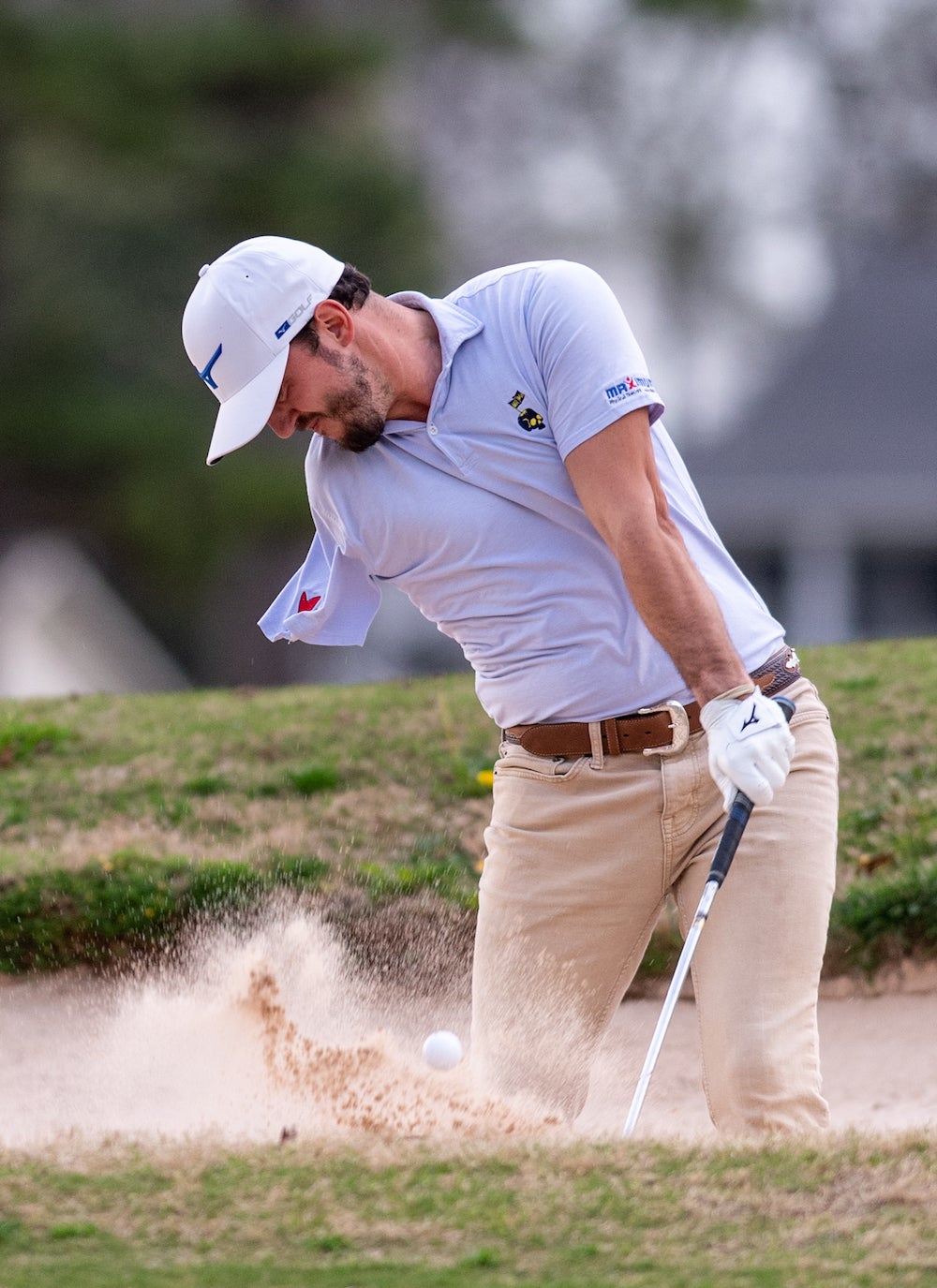
More than 5,000 miles separate where the 30-year-old golfer was born and where he lives in Hoover. However, part of his heart still remains in his home country. Following the invasion there, Alex shifted the focus of the nonprofit to helping orphans move out of Ukraine to neighboring countries. They’ve relocated more than 353 orphans and raised nearly $80,000 so far and continue to partner with friends across the globe.
“It’s a huge honor and privilege to give back,” Alex says. “Golf has given me a lot.”
He doesn’t take the opportunities he’s been blessed with for granted. So while Alex now spends his time perfecting his swing and teaching others how to become the best versions of themselves through golf, he understands what it takes to overcome whatever obstacles life throws his way.
“You just have to move one day at a time and know your value as a human and what you can bring to the Earth and other people,” Alex says. “I’m really blessed to have my dream job.”
For more information about the mission of Single Hand Golf or to get involved, visit singlehandgolf.com.

